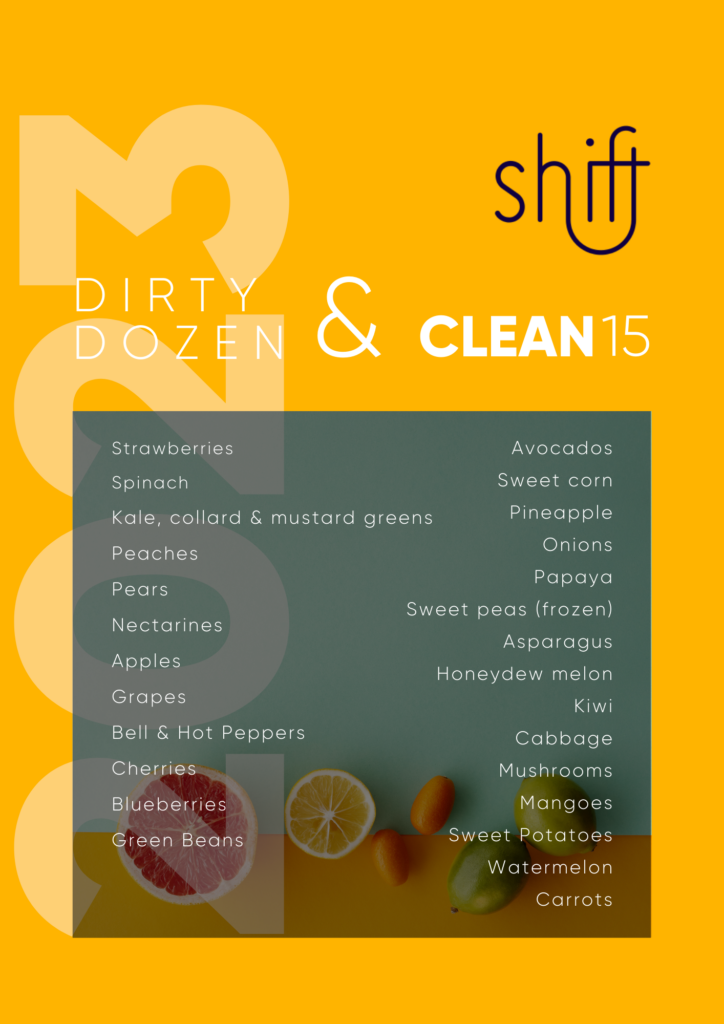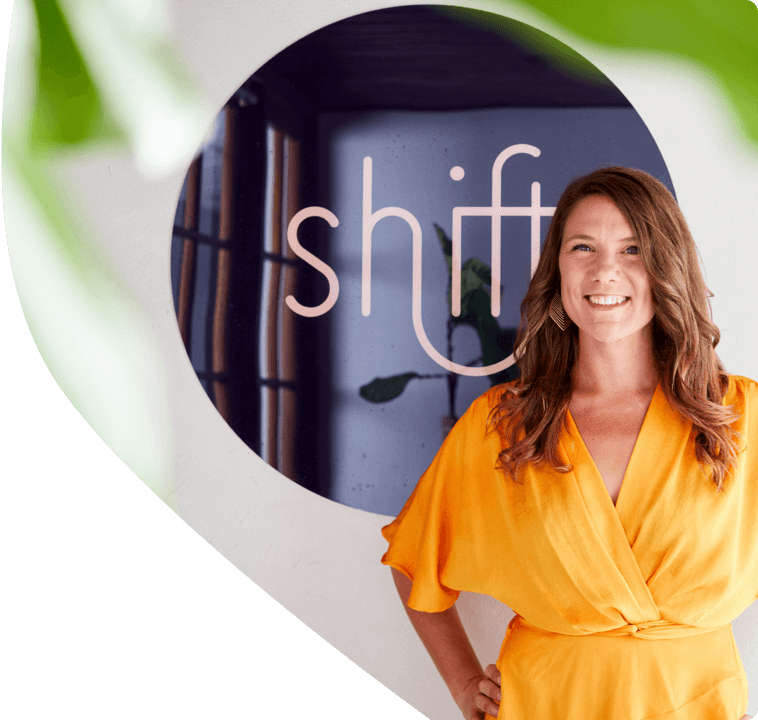Stress is one of those words that can mean a lot of things. In a basic sense, stress is s physiological process that happens in your body – sometimes as a result of ‘being stressed’, but also as a result of other stressors, like environmental toxins, lack of sleep or too much coffee.
One thing’s for sure – if you don’t learn to monitor and manage your stress it will affect your health. Stress causes more disease than smoking and alcohol combined (yes, it’s true) so we need to help keep it in check.
Now some stress is a good thing – mild stress helps keep our bodies working well, challenges us and keeps us focused. Stress becomes dangerous when it becomes more robust or goes on and on and on. You see our bodies aren’t really designed to have constant stress – our flight or fight response activates during stress and is meant to be around long enough to allow you to escape from that sabre tooth tiger. What happens to many of us is that our flight or fight response is activated in the background – which means your body cannot function in its normal relaxed state.
Stress is bad news for your nervous system, impairs your digestion (hello bloating) and messes with your hormones (PMT anyone?). The tricky things is that you might now even know you are stressed. Some people can feel stressed out -you can see it in them, their heads looking like they’re about to explode. For others, stress is something that they feel they are not affected by – and I often get reports that my patients are not stressed when their biochemistry would show otherwise.
Lucky for you I’m going to share a secret with you – your body will let you know that you’re stressed even if your mind does not. If you’ve got any other following going on I’m 99% sure that you’re stress affected.
- Anxiety, worrying, nervousness
- Difficulty falling asleep (longer than 10 minutes)
- Not sleeping right through the night
- Tiredness
- Having a 3 pm slump
- Needing coffee to pick you up
- Sleeping less than 7 hours a night
Hmmm – sound like you? Well the good news is there is a solution.
Healing your adrenals
Your adrenal glands are the little guys that are helping you cope with stress day to day. When you’re busy doing your thing they are pumping out a hormone called cortisol which helps you deal with stress. The problem is that over time they can become depleted or downright erratic – secreting cortisol at random times (like when you’re trying to sleep) rather than mostly in the morning, when they should.
Nurturing your adrenals requires 2 things:
- Rest or modification of behaviours
- Herbal adrenal trophorestoratives and adapotgens
Tropho-what? Trophorestorative herbs help to restore your tired old adrenals so that they can do their job properly. Adaptogenic herbs actually help your body to deal with stress more effectively. For many of my clients with huge workloads like business owners and those in executive positions, these herbs help them to work though the huge amount of things they need to do without losing their energy or their sanity.
If we want to have longevity – energy, great sleep and graceful ageing than we need to look after our bodies. Thinking about nurturing your adrenal glands will help to prevent burnout and keep you functioning at your best.
For help with adrenal restoration, see a qualified Brisbane naturopath or herbalist that will be able to get you ‘the good stuff’ to keep you feeling great.
To make an appointment with Katherine or her team, call Shift at Brisbane Natural Health on 07 3367 0337.
It’s cleanse time!
I’ve blogged about detox a lot here and here but in this post, I want to share with you what I’m planning to do this month for a bit of a cleanse.
On a personal note, it hasn’t been the best year for me. I separated from my husband at the beginning of the year. Met someone recently and had a brief relationship which ended in well, a bit of a train wreck really. Needless to say, my emotional state hasn’t been the greatest, and consequently, I haven’t been looking after myself as much as I used to. This translates to more wine, more eating out and more wheat and dairy creeping into my diet. Yes, naturopaths are human too and although I wouldn’t say my diet has been terrible it certainly isn’t what it was 12 months ago.
Anyhow, I’ve done some healing and am beginning to move on to the next phase of my life. What better time than now to do a one-month cleanse to reclaim my health and get my life back in order.
I’m telling you this because we all need a reset from time to time and a cleanse is a great way to create focus and nourish your body while removing substances that suppress our emotions and leave us depleted of vitality (I’m talking sugar, coffee and alcohol here). And to also suggest that doing a physical cleanse is also a good opportunity to do an emotional cleanse as well, so I’ll talk about how I’m intending to do that.
There are many different ways that you can cleanse but the idea is that we’re ‘cleaning up’ the diet, removing foods that are heavy and burdening on the body. And including all the things which help our body to thrive.
Here’s my cleanse plan for the next 30 days:
ELIMINATING
- Gluten – this means no bread (I’m not a fan of gluten-free bread, they’re usually very processed and I’d rather avoid it altogether) and being a label detective. Gluten is hidden in things like sauces and flavourings so you need to watch out for that.
- Dairy – My body doesn’t love dairy, and to be honest not many people’s bodies do. Dairy contains lactose which most people find hard to digest as well as casein which is a large protein that your immune system and gut are not fond of. Goodbye cheese.
- Sugar – I’m talking added sugar and overt sweets too. I’m also avoiding coconut sugar and nectar so I stay off the raw chocolate. I’ll include some raw honey or maple syrup from time to time.
- Coffee and caffeinated tea – I’m actually quite a caffeine sensitive so don’t have coffee much anyway. I’m going to go caffeine-free to give my adrenals the break they deserve.
- Alcohol – no booze for me. I haven’t done a month wine-free since 2016 and I’m actually looking forward to it!
INCLUDING
- 2+ litres of filtered water every day. I just bought a Minwell+ filter for my apartment from Brisbane Natural Health so perfect timing.
- Weekly acupuncture – to help to balance, realign and move stuck emotions (yes acupuncture can do this!)
- Greens every day – lots of spinach, kale, silverbeet, and anything else I can get my hands on.
- More vego meals and less meat – soups and legume-based dishes yum yum. I’ll post them on Instagram for you J
- Apple cider vinegar (with the mother) – 20ml on rising in some warm water to get my digestion going.
- Dry skin brushing – once a day, before showering to stimulate lymphatic flow (and fro smooth skin)
- Movement – 2 x runs a week minimum and 2 x either yoga or bushwalking up Mt Cootha. Sweating is so important to detox and healing.
- Meditation – 10min minimum after exercising. I use an app for this or Kate Reardon’s meditations.
- Gratitude journal – Fill in 5 things that I’m grateful for before bed each night.
- Laughter and Joy – this is something that I really want to focus on this month. Watching comedy and funny movies, joking with friends, hanging out with my 5-year-old daughter, and goofing around. Consciously creating joy.
- Juice – in particular green juice. Organic celery, cucumber, beetroot, lemon, grapefruit, and cabbage are my fave detox juices.
I’ve done this type of cleanse many times before (I aim for twice a year) so I’m really looking forward to the rewards of more energy and increased vitality. See you on the other side!
The difference between cacao and cocoa
It’s a question asked by my patients all the time.
To simplify things, cacao and cocoa are actually the same things. They both come from the same plant originally – the cocoa bean. The production of each of the powders is what differentiates them. With traditional cocoa they take the beans and roast them at a pretty high temperature, then they grind them up into cocoa powder.
What happens with cacao is the raw bean is ground up into powder, so any type of cooking and processing actually reduces the nutritional content of foods. In the case of cacao vs. cocoa, the cacao is superior because it has a higher amount of antioxidants, vitamins and minerals because it’s in its natural state.
Now in saying that, cocoa isn’t bad for you – it still contains some antioxidants. So if you eat something likedark chocolate, you will still get some antioxidants, but it is just not as amazing as having cacao.
So, I don’t think cocoa particularly needs to be avoided, but if you have a choice and you’re using it in smoothies etc., I would really go for cacao just because you’ll get that little bit more bang of, vitamins and minerals.



